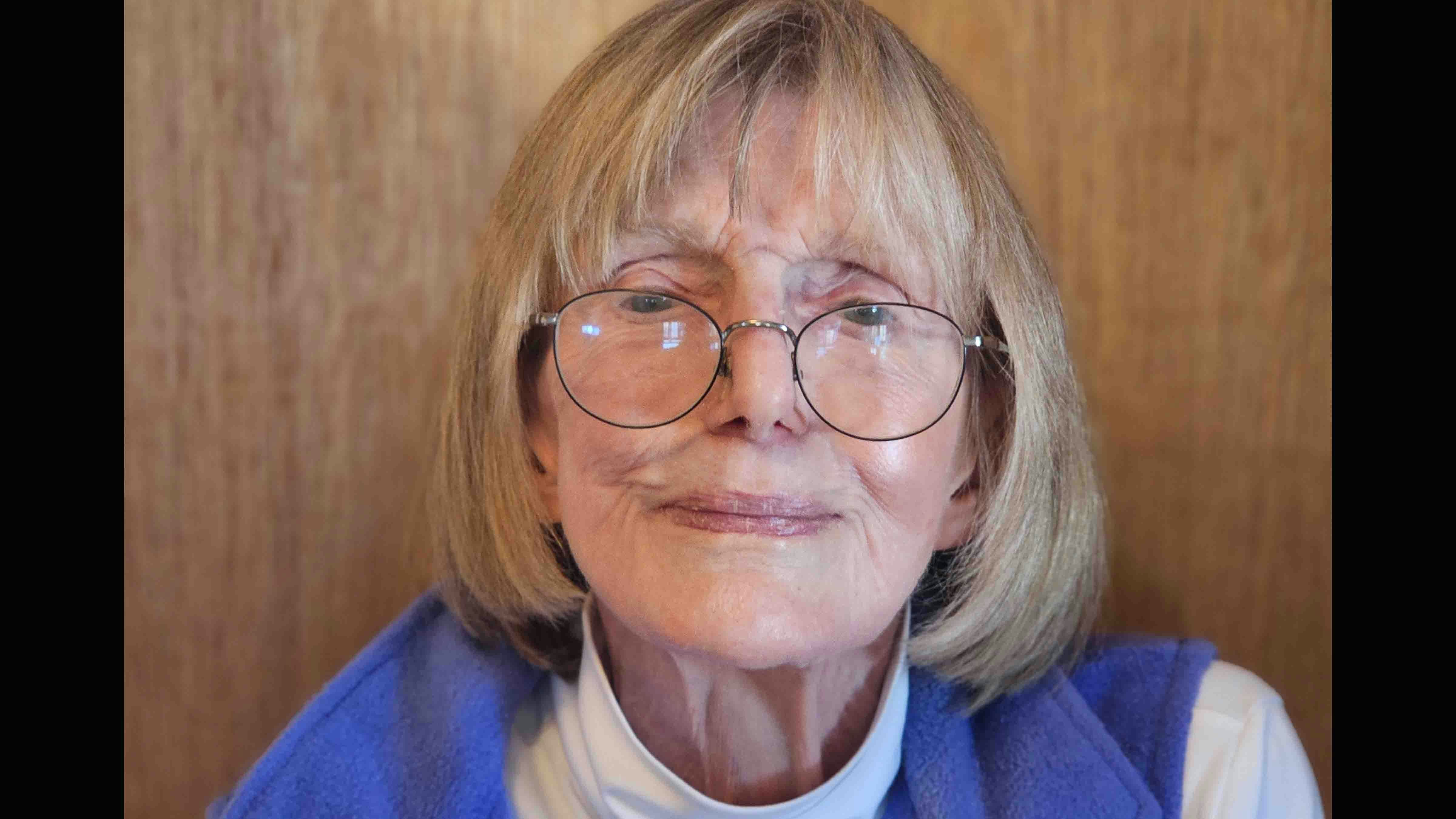CHEYENNE —What do media credentials from the Legislature Service Office get you?
Well, not much anymore.
You get a lanyard to drape around your neck that allows you entrance into the media center located snugly and remotely in the bowels of the Capitol Building, far away from the Legislature’s domain where the action is. But that’s about it.
Today’s statehouse reporters, if there are any left, will not be able to go on the floor of the house or senate. Nor can they loaf in the halls.
In short, they have about the same status as a lobbyist or a bus driver from Greybull.
They can attend committee meetings, view the sessions from the gallery. and loll around in the lobbies.
They can send a note to a lawmaker in hopes he or she will leave the floor and come to the lobbies to chat.
The only privilege left to the media under LSO rules was to allow photographers to take their still photos in the hallways of the legislative chambers.
The legislative leaders, however, complained that the photogs impeded traffic in the hallways or some such trauma.
So last week a select committee voted 4-2 to recommend the removal of that privilege from the rules. Legislative leaders who sit on the management council will make the final decision later. And they are the ones to raise the issue in the first place.
It’s a done deal. No one from the broadcast media attended the meeting to protest or even comment.
The news media no longer has any unified voice because the number of reporters and broadcasters who cover the session has declined precipitously.
Matt Albrecht, the LSO director, noted the shrinkage in the number of news media representative during the 25 years he has worked there.
The agency, he said, never has rejected an application and now issues about 50 credentials every year.
But most of those recipients will watch the sessions virtually through online video.
Sen. Chris Rothfuss, D-Laramie, a committee member, said that while media access has been an issue of concern in the past, it isn’t any longer with the advent of technology.
But Sen. Cale Case, R-Lander, also a committee member, said he remembered a time when the media people sat at big tables in the house next to the president in the senate and the speaker in the house.
“That was a big deal in those days,” he said.
Now, the credentials only permit admission to the media room in the basement.
“That’s all you get,” he said
Case said that while technology is great, video does not capture everything happening in the chambers. The rules committee meetings, for example.
These are hurried, informal gatherings of leaders to deal with a procedural or legal question
Case said he recalled times where the media was allowed at those meetings. Being unscheduled, these impromptu meetings are not on video.
Without broadcasters or print reporters at the big table ready to report fully on what happens on or off the floor, the public gets only part of the story.
A seat at the big table close to the leaders and allowed media people to “read the room” as it were and get a sense of the mood regarding a bill through body language
Being that close also permitted them to get tips on what was going on behind the cameras.
Something definitely got lost over the last 25 years to the detriment of the public’s knowledge about their government.
It started years ago with the ban on reporters entering the house and senate kitchen for members. We used to get coffee, and maybe a donut, then fed the donations pot.
We blamed the new ban on an obnoxious and unethical radio reporter who would sit in the kitchen drinking coffee and record the comments of legislators sitting nearby.
The legislators complained.
A couple of us objected strenuously to the ban but to no avail.
The leaders said restrictions were needed because of a big increase in the number of media people covering the sessions; it wasn’t just the radio reporter.
That was only the start. Next came a ban on the chamber floors even when in recess followed by a ban against using the senate and house hallways and rest rooms.
Although technology is great, there still is something missing; call it the personal touch.
Contact Joan Barron at 307-632-2534 or jmbarron@bresnan.net





